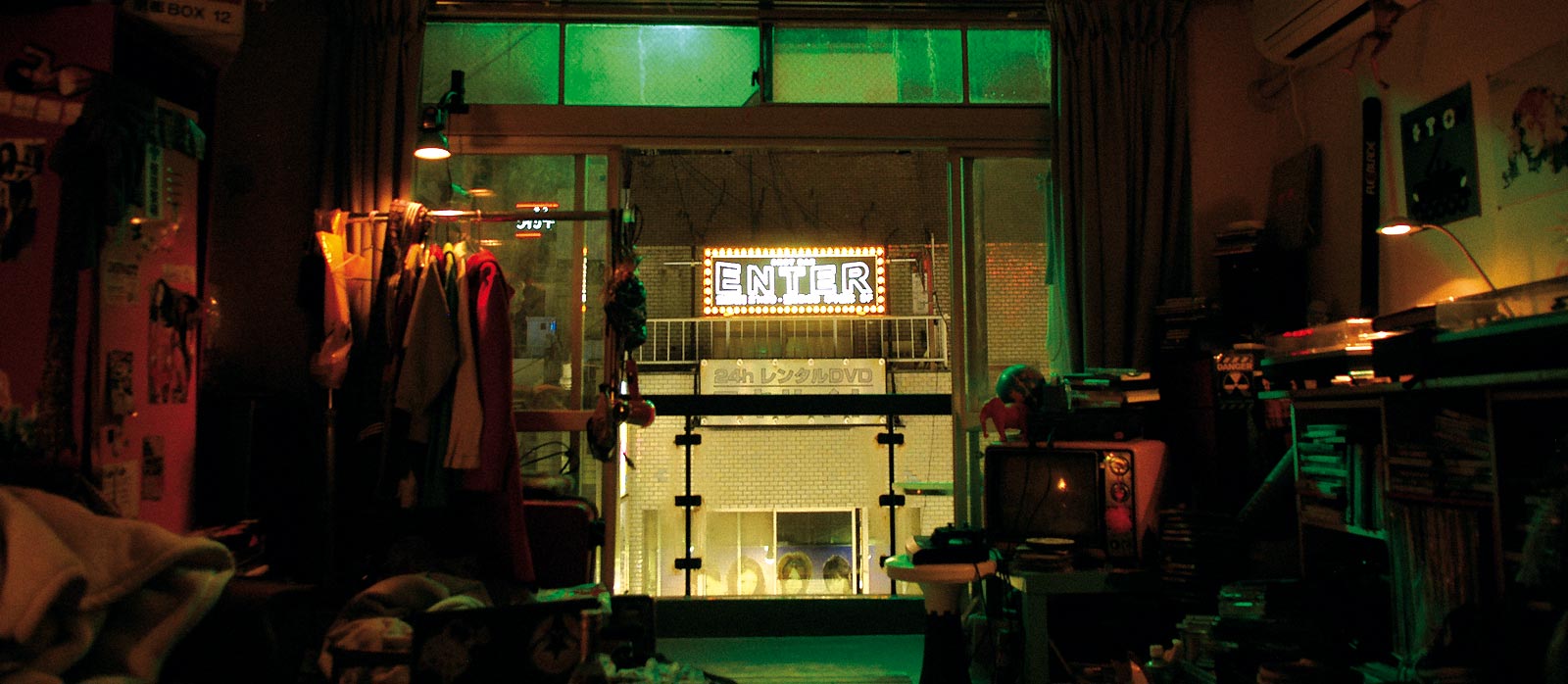Sherlock, the reboot which has Holmes texting to taunt Lestrade and Watson recently returned from Afghanistan, is a kick. Episode one (of three) recreates “A Study in Scarlet” with a lot of nice flourishes that an old Holmesteader could enjoy while delighting the complete newbie sitting on the couch next to me, aping the stiff arrogant voice of Benedict Cumberbatch, who nails his portrayal of Holmes. Martin Freeman is another precisely-calibrated choice, reminding of and revising our sense of Watson. We’ll see where it goes, but while I sort of enjoyed Guy Ritchie’s manic boys-will-be-etc. hyperbole, this was a lot better. . .
Mesrine
Mesrine tells the story of the real-life French gangster Jacques Mesrine (pronounced Merine), who was active as a bank robber, kidnapper, gun-runner and occasional radical in the 1960s and 1970s. He was finally gunned down in a deliberate execution by the French police in 1979, an execution that opens the movie before returning to the late 1950s when Mesrine returns to Paris from Algeria. Continue reading Mesrine
Battle: Los Angeles
This really doesn’t deserve its own thread, but I wasn’t sure where else to put it. Aliens invade, landing off 20 cities in 17 countries (the US is important enough to have three of its cities attacked; poor old Sweden is deemed not important enough). As usual, the aliens appear invincible until a small band of marines turns up to kick ass. The backstories of the marines and staff sergeant Nantz (Aaron Eckhart) are meant to make the playing out of the movie more poignent, but they are forced and discarded when inconvenient. There are homages to Assault on Precinct 13, Speed, and, of course, Independence Day. It is not very good, and I’d normally be harder on it, but this is March and I’m starved of blockbuster-type crap. The action scenes are competent.
Lebanon
Lebanon follows an Israeli tank crew through the first day of the 1982 invasion of Lebanon. The director, Samuel Maoz, was in the IDF during that war. The film’s central gimmick, and I use that word reluctantly, is that the point of view is entirely that of the four soldiers in the tank. We either see conversation inside the tank, or we see the exterior through the cross-hairs of the turret scope.  Other soldiers, a prisoner, and a Phalangist irregular enter the tank for various purposes, but our four protagonists never leave it. The result is a deeply claustrophobic feel, and a heightened sense of the bewilderment and terror of those inside. Continue reading Lebanon
Varmints

Gore Verbinski’s Rango riffs on the West and the Western, never quite escaping the gravity well of genre conventions; it also nimbly dances through the minefields of cheap reductive parody or punch(line)drunken gag-sap-gag-moral-gag-triumph which crowd the children’s animated film market, yet has the stray belch or manic action sequence or bow-wrapped final-reel redemption which keeps things familiar.
Who gives a shit? Look at that picture. Continue reading Varmints
Netflix Streaming
Thought it might be nice to share titles available to stream on demand via Netflix. I’ve been working my way through Carlos: Miniseries, but I just noticed that Andrea Arnold’s Fish Tank is also available.
Top 100 British Films
Time Out London recently posted their top 100 titles generated by an impressive list of industry experts. I had not seen their number one pick – Don’t Look Now – so I thought I’d give it a go via Netflix. Are there any lovers out there, because I didn’t get it. I guess it is a great addition to the neurotic male genre (or maybe the paranoid gothic), but I thought it was a bit silly.
Night Catches Us
Tanya Hamilton’s first flick slowly teases out the backstory, and it has a few moments of “big”(gish) Event of Consequence–but it’s at its strongest and most affecting in allowing its characters (and us) to steep in the aftermath. Set in 1976 Philadelphia, Night follows a few former Black Panthers and a neighborhood somewhat at peace but still scarred from a collision between brutal cops and an outraged violent resistance to such brutality. Marcus (Anthony Mackie) is back for his father’s funeral, but isn’t welcome, and isn’t comfortable; Patti (Kerry Washington) never left town, raises her daughter, reaches out a hand (and legal counsel) to “every orphan” in the neighborhood. You can pick at some of the overdetermined details of the plot arc, but Hamilton’s got a brilliant sense of silence and space — she lets these FANTASTIC actors simmer, calmly sit in a room together, take solace from one another. They’re amazing (and so is Jamie Hector, a.k.a. Marlo Stanfield). She’s edited many sequences to remove dialogue, or to cut things together leaving little blips and jumps that just slightly undermine naturalism; there are a few shots–police walking through an early-morning field, camera set on the ground and capturing them from the knees down, fireflies lifting up from each footfall.
The film also resists some neat Romanticism or Cynical twists, allowing a rich sense of how important the Panthers were in affirming community bonds–the vision of beret-clad violence explicitly critiqued, ‘though Hamilton’s empathy for that turn to struggle is equally strong.
Good movie. And a director to watch.
christian slater
Enter the Void
Gaspar Noe’s film is shot almost entirely in p.o.v., the protagonist a young guy doing and dealing drugs in a seedy, emphatically-neon Tokyo. Early voiceovers–where he tells himself things that no sapient creature would ever need to say, or even think, as the camera watches from his vantage, hands fumbling forward into frame to unlock a door, to grab his stash, to burn a pipe.
And yet–even early on, with some of this stilted narration, and the artifice of the p.o.v. ploy, there are cluttered rushes of image:
